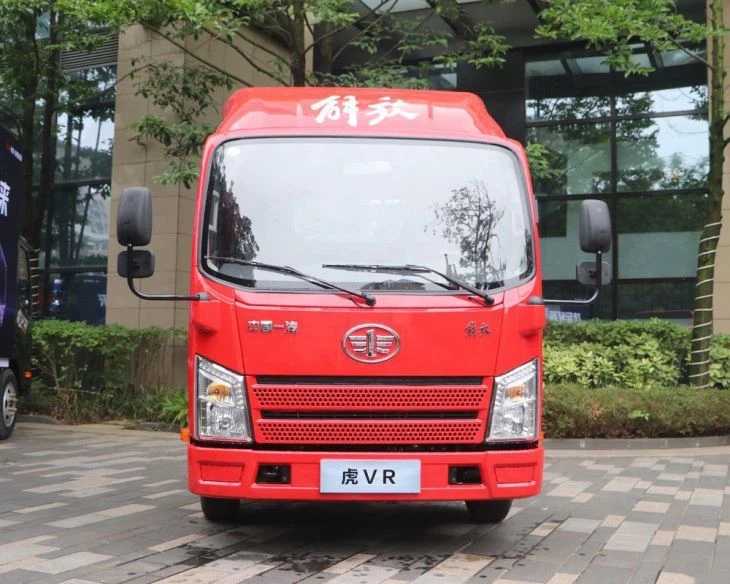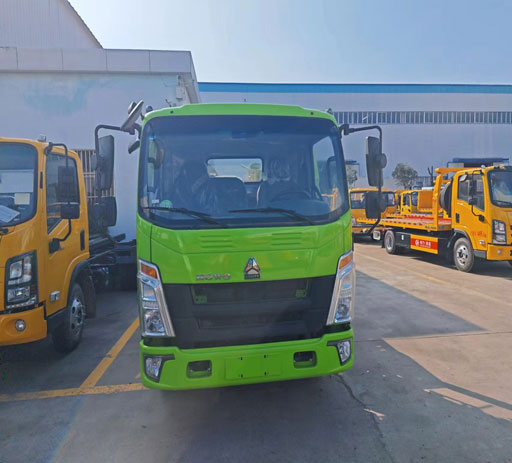Electric Truck Suppliers: The Future of Sustainable Transportation

Introduction
As the world transitions into an era focused on sustainability and reducing carbon emissions, electric trucks are becoming a prominent solution within the transportation and logistics sectors. Electric trucks provide an efficient, environmentally friendly option compared to their traditional diesel counterparts. This article delves deep into electric truck suppliers, discussing their significance, offerings, market trends, and the way forward for this rapidly growing industry.
Understanding Electric Trucks
What Are Electric Trucks?
Electric trucks are vehicles powered entirely or partially by electric power. These vehicles utilize electric motors and rechargeable battery packs, contributing to reduced greenhouse gas emissions and lower operational costs.
Types of Electric Trucks
There are primarily two types of electric trucks:
- Battery Electric Trucks (BETs): These trucks are fully electric and rely entirely on batteries. They require charging from external sources.
- Hybrid Electric Trucks (HETs): These trucks combine an internal combustion engine with an electric motor, allowing for greater flexibility in energy sources.
Key Advantages of Electric Trucks
Cost Efficiency
While electric trucks may have higher upfront costs, they often lead to substantial savings over time due to lower fuel costs and reduced maintenance needs. The following table highlights average cost considerations:
| Type of Cost | Diesel Trucks | Electric Trucks |
|---|---|---|
| Fuel Cost per Mile | ~$0.75 | ~$0.20 |
| Annual Maintenance Cost | $12,000 | $5,000 |
Environmental Benefits
Electric trucks produce zero tailpipe emissions, which significantly contributes to better air quality. This is crucial in urban areas with high levels of traffic and pollution.
Government Incentives
Various governments worldwide offer rebates and incentives to businesses that invest in electric trucks, making them an economically attractive option for companies.
Top Electric Truck Suppliers
1. Tesla
Tesla has made headlines with its all-electric Semi truck, which boasts impressive range and performance. They aim to revolutionize freight transport with innovative technology.
2. Rivian
Rivian focuses on electric delivery vans, particularly in partnership with Amazon. Their vehicles blend utility with sustainability, aiming to reduce delivery emissions effectively.

3. Nikola Motor Company
Nikola is known for its hydrogen and battery-powered heavy-duty trucks targeting long-haul transport, showcasing a pioneering approach in the electric truck space.
4. BYD
A leading Chinese manufacturer of electric vehicles, BYD produces various electric trucks and buses, catering to the growing demand for sustainable commercial transport solutions worldwide.
5. Workhorse Group
Specializing in electric delivery vans and trucks, Workhorse focuses on last-mile delivery services, where electrification offers significant benefits.
Market Trends in Electric Truck Supply
Growing Demand for Electric Trucks
The market for electric trucks is rapidly expanding, fueled by the increasing emphasis on corporate sustainability initiatives, government regulations, and technological advancements.
Infrastructure Development
As the number of electric trucks on the road increases, so does the need for charging infrastructure. Companies and governments are investing heavily in charging networks to support the adoption of electric trucks.
Technological Advancements
Innovations in battery technology, such as solid-state batteries and alternative fuel systems, are enhancing the performance of electric trucks, making them more viable for various applications.
Challenges Facing Electric Truck Suppliers
Range Anxiety
One of the significant barriers to embracing electric trucks is range anxiety. Many long-haul trucking operations worry that electric trucks may not cover the necessary distances without frequent charging.
Charging Infrastructure
While advancements are being made, the charging infrastructure is still lagging in some regions. Sufficient charging stations must be established to facilitate the widespread adoption of electric trucks.
Initial Investment
The higher upfront cost of electric trucks can be prohibitive for small to medium-sized companies looking to transition, despite the long-term savings they offer.
Practical Examples of Electric Truck Implementations
Case Study: Amazon and Rivian Partnership
Amazon has partnered with Rivian to deploy a fleet of electric delivery vans. This initiative aims to significantly reduce the company’s carbon footprint and set a precedent for environmental accountability in logistics.
Case Study: UPS and Tesla
UPS is testing Tesla’s electric trucks to understand their operational efficiency. The trial focuses on short urban routes, demonstrating how electric trucks can meet heavy-duty logistics needs.
Tips for Businesses Considering Electric Trucks

1. Assess Ranges and Routes
Evaluate your logistics and route requirements to determine the suitable type of electric truck (battery or hybrid) for your business needs.
2. Calculate Total Cost of Ownership
Consider aspects like fuel savings, maintenance costs, and government incentives while calculating the total cost of ownership to get a clear financial picture.
3. Plan Charging Infrastructure
Invest in establishing charging stations to ensure that your electric truck fleets can operate without interruption. This could involve onsite installations or partnerships with charging network providers.
Future Outlook for Electric Truck Suppliers
Investment and Expansion
Investment in electric truck suppliers is expected to grow, with many companies looking to expand their fleets and offerings in response to consumer demand for sustainable transport solutions.
Regulatory Developments
Expect more stringent regulations aimed at reducing emissions, which will drive the demand for electric trucks further. Compliance with these regulations will necessitate shifts for many businesses.
The Shift to Electric: A Necessity
As sustainability efforts increase, electric trucks will likely become a necessity rather than an option for many businesses, leading to innovations in suppliers’ offerings.
Frequently Asked Questions (FAQ)
1. What is the average range of electric trucks?

Electric trucks can usually travel between 100 to 500 miles on a single charge, depending on the model and load conditions.
2. Are electric trucks suitable for long-haul transportation?
While technology is improving, many electric trucks are currently more suited for urban and regional shipment routes. Long-haul capabilities are still developing with advancements in battery technology.
3. How much can I save on operational costs by switching to electric trucks?
Companies can save tens of thousands of dollars annually based on lower fuel and maintenance costs, although savings will vary based on specific circumstances and usage patterns.
4. Are government incentives available for purchasing electric trucks?
Yes, various federal and state incentives are available to businesses purchasing electric trucks, including tax credits and rebates that can help offset initial costs.
5. What charging options are available for electric trucks?
Electric trucks can be charged at dedicated charging stations, home installations, or through partnerships with networks that provide access to expanded charging solutions.
6. How do electric trucks handle diverse weather conditions?
Electric trucks are designed to operate efficiently in various weather conditions, but extreme temperatures can affect battery efficiency and range, requiring planning for route management accordingly.
